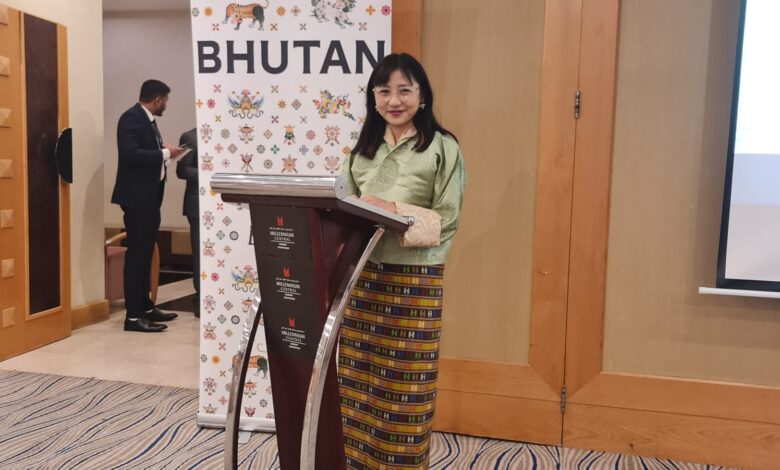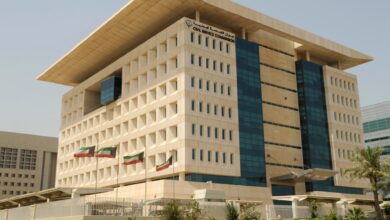Where nature meets nobility, Bhutan showcases serene luxury for Kuwaiti holidaymakers

Bhutan’s Ambassador to Kuwait, Chitem Tenzen, welcomed a high-level tourism delegation from Bhutan to Kuwait, composed of 25 senior officials from the tourism, hospitality, and airport sectors, to promote Bhutan as a fresh and enriching destination for Kuwaiti tourists.
He noted that Bhutan, nestled in the Himalayas, celebrated in 2024 the 50th anniversary of its official opening to tourism, which began in 1974. This milestone was celebrated under the principle of “High Value, Low Volume,” emphasizing the country’s dedication to sustainable tourism and positioning Bhutan as an emerging and ideal destination for Kuwaiti travelers seeking tranquility, natural beauty, and authentic cultural experiences.

He highlighted that the Bhutanese Embassy in Kuwait is the first of its kind in the Gulf region, and that Bhutan currently hosts just three foreign embassies, including of Kuwait.
“The people of Bhutan share with Kuwaitis a deep-rooted sense of hospitality and sincerity. Many visitors leave Bhutan with friendships that last a lifetime,” Tenzen said. He added that Bhutan is a year-round destination, blessed with diverse and pleasant weather—from lush, green summers to refreshing, crystal-clear winters.
On travel logistics, Tenzen clarified that visitors do not need special invitations or complex procedures. Tours can be booked through accredited Bhutanese operators, with visa fees and a Sustainable Development Fee (SDF) of $100 per person per night payable online.
Discounts are available for children, and 24-hour fast-track visa processing is offered for an extra fee. He also noted Bhutan’s incentives for MICE tourism, including SDF exemptions for several nights, provided at least two days are dedicated to official events.

Tandi Wangchuk, CEO of Bhutan Airlines, announced that an Air Services Agreement signed last year between Bhutan and Kuwait allows for potential direct flights. While no final decision has been made, feasibility studies are underway to assess commercial and operational viability.
Wangchuk said the airline is expanding its fleet and would consider activating the route once sufficient aircraft are available. He also mentioned that Kuwait is home to around 8,000 Bhutanese nationals and that Gulf investor interest in Bhutan is growing. The country’s cool, temperate climate makes it an attractive summer destination for Kuwaitis seeking serene mountain retreats.
From the Tourism Council of Bhutan, Kezang noted that English is widely spoken across the country, particularly in education, facilitating communication for international travelers.

She highlighted Bhutan’s late adoption of television in 1999 as a sign of its deep cultural and environmental values. Kezang described Bhutan not just as a tourist destination but a transformative spiritual and human experience. From arrival at Paro International Airport—surrounded by mountains and fresh air—visitors feel an immediate sense of peace.
She praised Bhutan’s vibrant architecture, calling it a paradise for photographers and artists, and emphasized the country’s exceptional biodiversity, ranking among the world’s top ten. Bhutan’s constitution requires that 60% of its land remain forested.
As a carbon-negative country, Bhutan absorbs more carbon than it emits. She added that Paro International Airport, the sole international gateway, is free of commercial advertising and showcases local artworks, offering a cultural immersion from the moment of arrival.
Kezang concluded by reiterating that Bhutan does not seek mass tourism, but instead welcomes like-minded travelers who value its sustainable tourism philosophy. Each tourist contributes directly to Bhutan’s education, healthcare, infrastructure, and cultural preservation, making them partners in the nation’s development.













